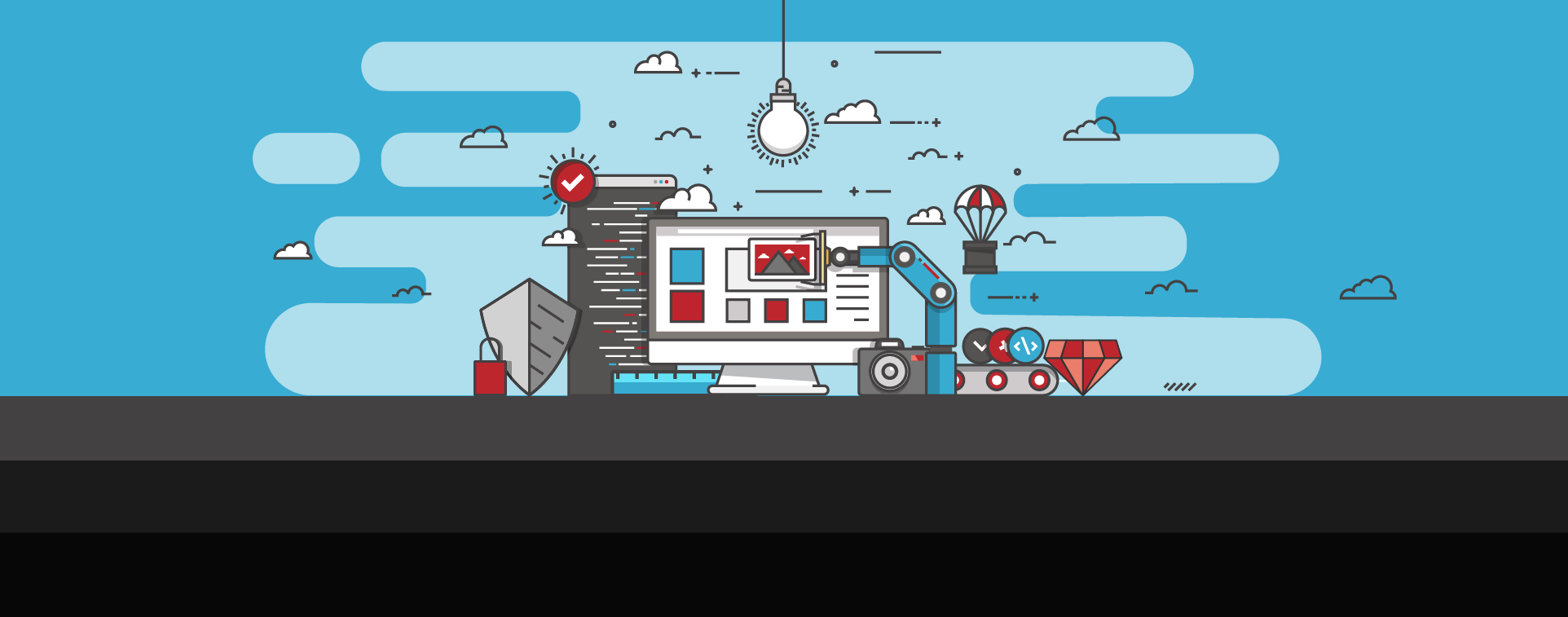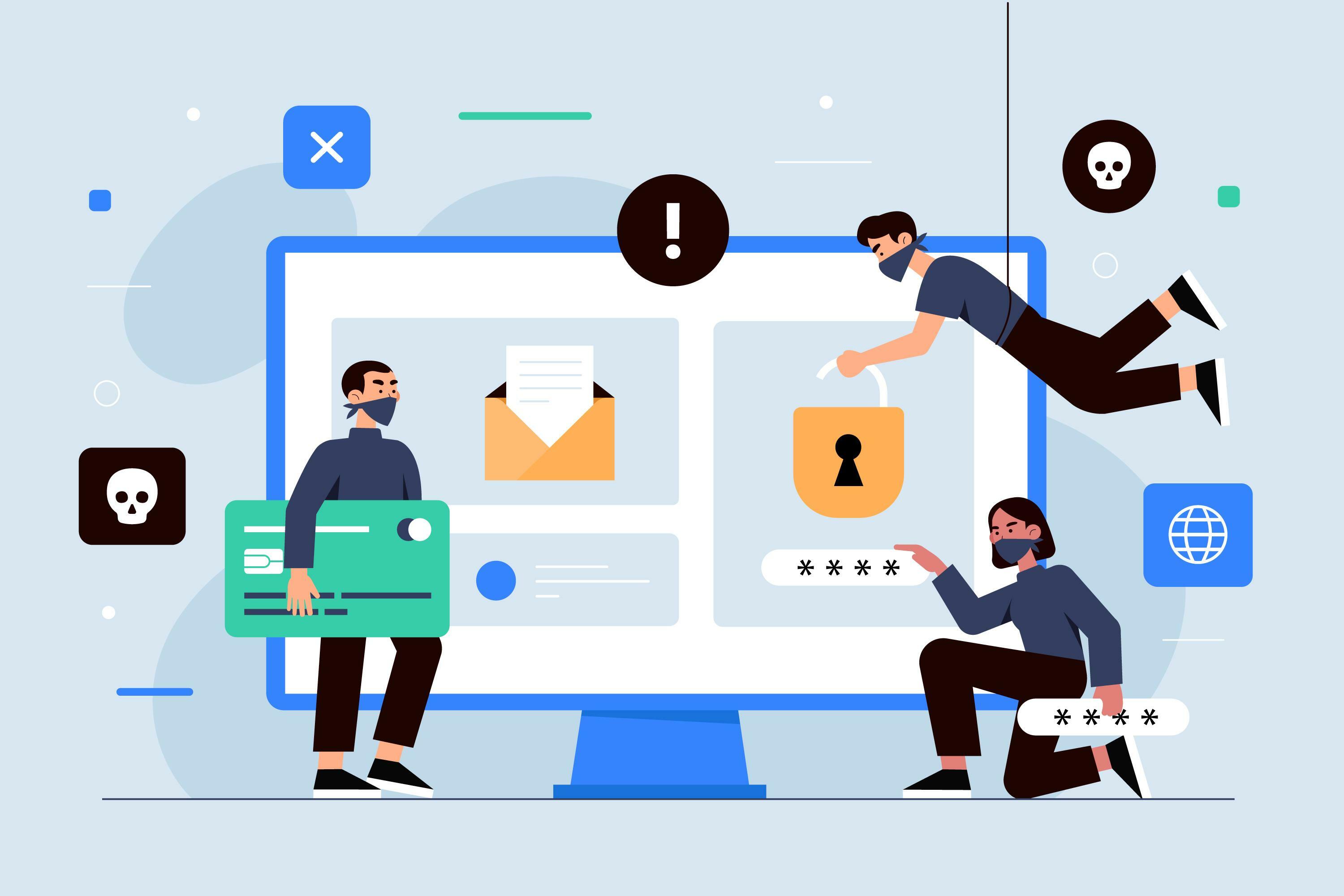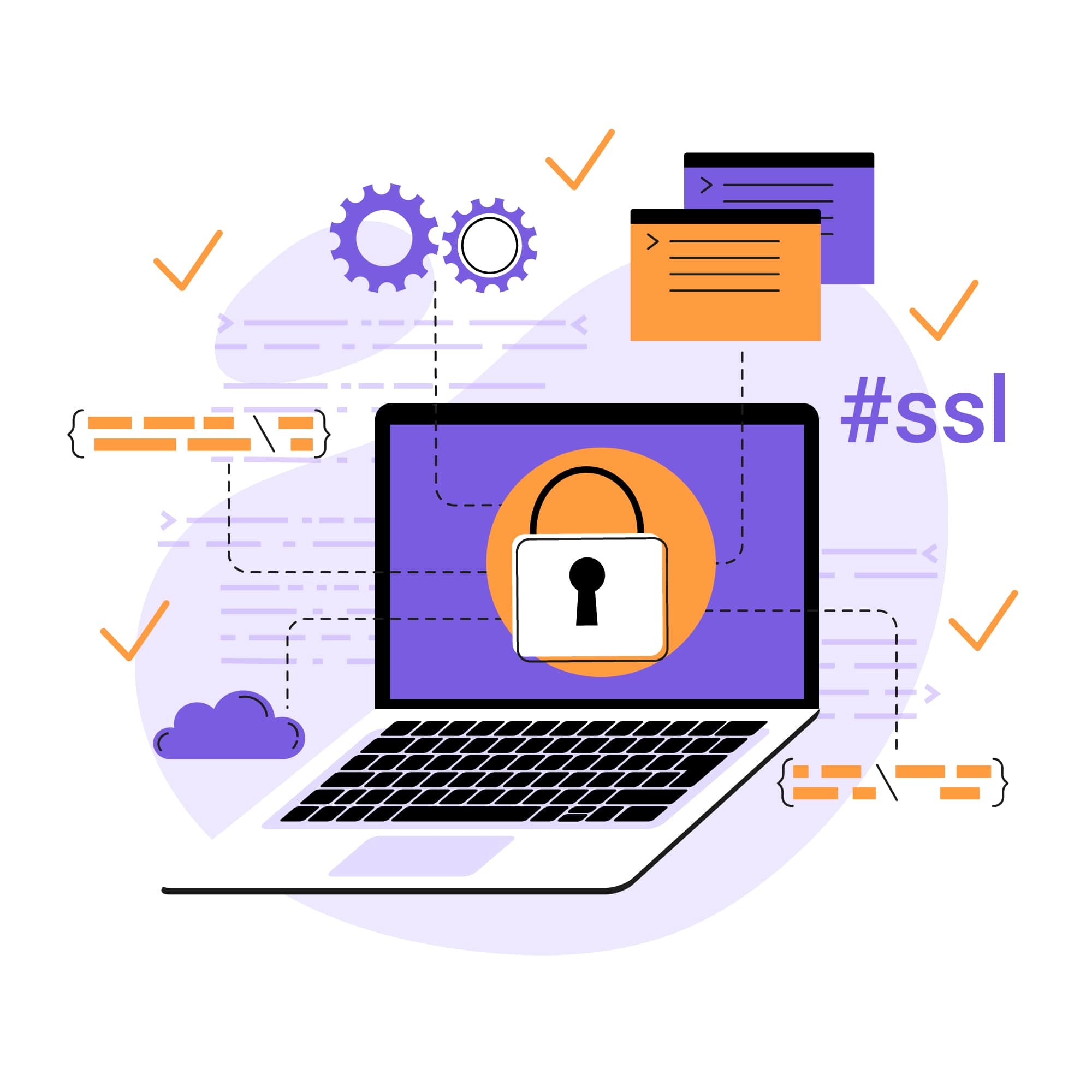
How to Secure a Website in 9 Simple Ways
When building a business website or blog, it is essential to make your website security a top priority. In addition to learning how to build a website, any small business owner or blogger should understand how to secure their website. Although the topic of website security might sound complicated, it doesn’t need to be a long, drawn-out process.
Today we will cover useful tips for building a secure website or blog in thirty minutes or less.
1. Keep your website up-to-date
To help keep your business website or blog secure, it’s important to keep all of your website software up-to-date. If you use a content management system (CMS) such as WordPress, Joomla!, or Drupal, installing any updates they release is a must. These updates are designed to correct problems and security flaws in the website software and make it less vulnerable to hackers and cyberattacks. Be sure to run these updates as soon as they are released to help protect your site from possible threats.
2. Scan your site with a website scanner
Another essential security practice for websites or business owners is to regularly conduct scans of their sites to check for vulnerabilities. A website scanner is a tool that checks your website files for many different security issues, such as vulnerabilities and malware. There are a variety of online tools that are available, but these are generally unable to detect all possible security problems.
It’s advisable to invest in a professional website scanner to thoroughly review your website files for malware and vulnerabilities. The most comprehensive option is a website scanner that takes this one step further and reviews your website for many different threats, including malware, spam, and network and server vulnerabilities. You’ll also want a scanner that checks for XSS (cross-site scripting) and SQLi attacks (SQL Injection), which are vulnerabilities that often target website logins or contact forms.
3. Use a web application firewall
A web application firewall (WAF) is a type of firewall that is specifically designed to monitor the traffic that is transmitted to your website server. They may be network-based, host-based, or cloud-based. If malicious traffic is detected, the WAF will prevent it from accessing your website. WAFs can effectively block hacking attempts and filter many kinds of malicious traffic that target web applications, including automated bots, spam, and malware.
They are also useful in stopping the top attacks websites face today, like cross-site request forgery (CSRF), cross-site scripting (XSS), file inclusion, SQL injection (SQLi), and distributed denial-of-service (DDoS) attacks on your website. That said, WAFs can’t protect against all kinds of threats and are best implemented as part of a larger security solution.
4. Update your security plugins
Any website or blog owner should install security plugins to help monitor their security and protect their website from hacking attempts and malware. Typically, plugins work by monitoring and addressing security vulnerabilities and preventing hackers from exploiting them. Once you install these add-ons, it’s crucial to keep them updated. This is because updates frequently address security vulnerabilities in earlier versions of the plugin. For this reason, website or blog owners should install plugin updates as soon as they are available, especially if they involve a security or bug fix.
5. Secure your passwords
Using strong passwords is a must for any website owner to help protect their site from hackers and cybercriminals. A secure password is hard to guess, has a minimum of eight characters, and consists of a random assortment of letters, numbers, and symbols. If your passwords don’t meet these criteria, then it’s advisable to update your passwords to make them more secure.
Additionally, two-factor authentication (2FA) strengthens website security by requiring an extra verification step beyond passwords, such as a code sent to a user's device. This added layer of protection makes it harder for hackers to access websites even if passwords are stolen. 2FA helps thwart common cyber threats like brute force attacks and phishing, enhancing overall security for users and businesses.
Since it can be a hassle to think up new random passwords and attempt to remember them, consider using a high-quality password manager to help you generate and securely store your passwords. This will make it easier to create passwords while sparing you the frustration of trying to remember them.
6. Check your admin permissions
Regularly checking website administrator permissions is easy and goes a long way toward securing your website. This ensures that only authorized people can access sensitive areas and functionality, reducing the risk of unauthorized changes, data breaches, and malicious activities. By maintaining tight control over admin permissions, website owners can protect their site's integrity and user data.
7. Install an SSL (Secure Sockets Layer) Certificate
For an added layer of security, you can opt to install an SSL certificate on your website or blog. When you use an SSL, the data that is transmitted between your website and the web server is encrypted, making it more difficult for hackers to decipher.
Google also favors sites with an SSL and tends to rank them higher. Installing an SSL certificate is usually quite simple, and there are many options available to choose from so you can pick the right one for your business needs.
8. Run regular backups
Regularly scheduled backups enable you to restore your website to its previous state quickly in the event of an attack or system failure, minimizing downtime and data loss. Automatic backups also eliminate the risk of human error and ensure that critical data is regularly backed up without requiring manual intervention. By implementing automatic website backups, you can proactively protect your website's data and functionality, mitigating the risk of cyberattacks and enhancing your overall site’s security.
9. Work with a reliable hosting provider
Using a reliable hosting company is a critical best practice for any website owner. Trustworthy website hosting ensures that your servers are secure, backed up, and regularly maintained, reducing the risk of data breaches. However, using a cheap web hosting service that is more easily compromised can expose your site to significant vulnerabilities, putting your sensitive data and reputation at risk. Their hosting plans typically offer additional security features, such as SSL certificates, firewalls, and intrusion detection systems, that can further enhance your overall protection and provide peace of mind.
Consequences of cybersecurity risk
Poor website security can have severe consequences for individuals, businesses, and society as a whole. It is as important to understand the impacts of cyber threats as it is to take proactive security measures to mitigate them. Below are the most common ones:
- Loss of sensitive information. This includes the theft of credit card numbers, phone numbers, emails, and other personal data from hackers.
- Interruptions to website operations. Data breaches can make your eCommerce site or blog shut down and unavailable until the problem is fixed.
- Fines for failing PCI compliance: Businesses can be fined for not meeting PCI DSS (Payment Card Industry Data Security Standard) requirements, which protect customer payment data.
- Poor SEO performance. Search engines, like Google, can and will blacklist websites that have malicious code on them. This could result in major decreases in web traffic and revenue.
- Damaged business reputation. A single hacking incident can have a big impact on your reputation, and restoring trust may not be as simple as recovering from being blacklisted.
Mitigate security risks with SiteLock
Keeping your website safe might seem like a hassle but in reality, it doesn’t need to be time-consuming or stressful. By implementing these quick, simple, and highly effective tips, you can greatly increase the security of your business website or blog. For more information, explore our website security plans or contact the experts at SiteLock.





